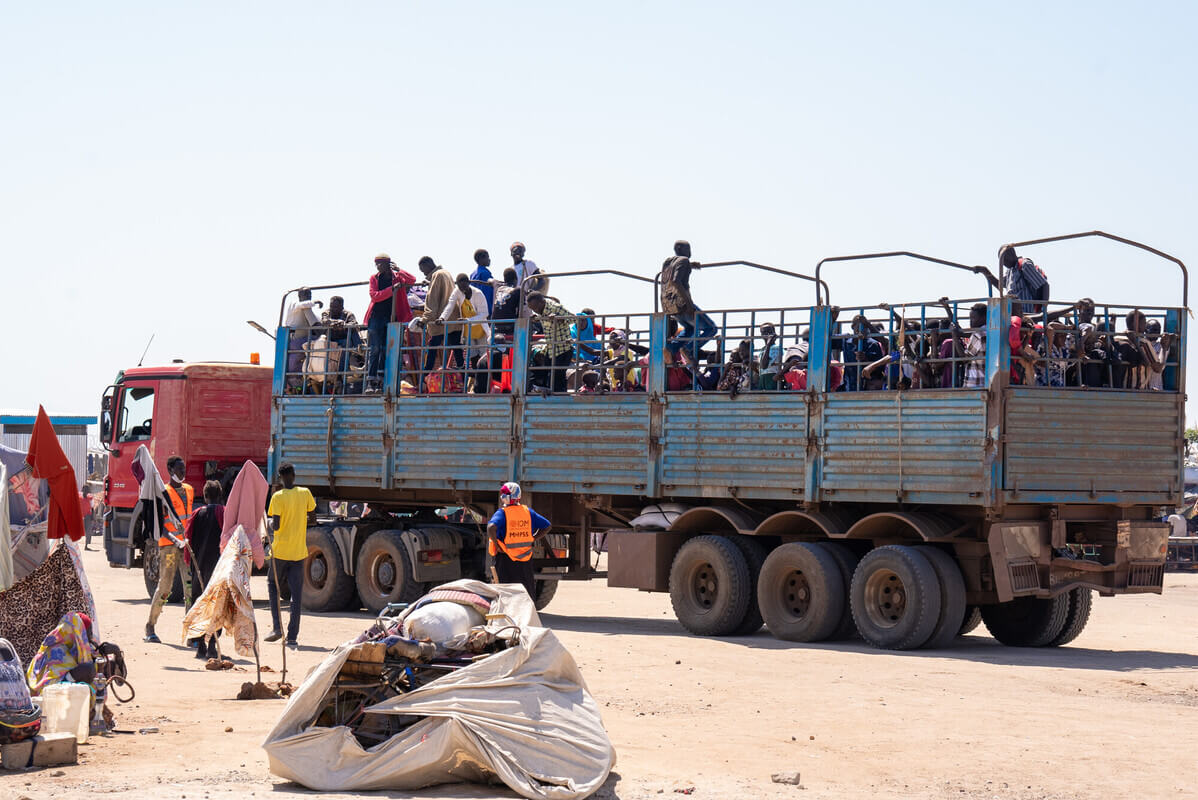Last weekend, campaigners and volunteers hit footy grounds across the country to talk to fans about Indigenous health inequality, as part of the Close the Cap National Rugby League round.
When I left home early on Saturday morning, I must admit to being slightly nervous about the reception we would receive. League fans are out to see the footy, have a couple of beers and a good time with their mates – not to listen to campaigners talking about Indigenous health issues.
With a box full of clip boards, pens, Close the Gap t-shirts, tattoos , wrist bands and spray bottles, I would have struggled the six miles from the car park to the venue had it not been for the graciousness of my son who had agreed to accompany me and lend his muscles to hardest of all campaigning duties – carrying the resources! Once at the designated site, it was not long before I was greeted by some smiling volunteers, all keen to help out for the day. Their enthusiasm lifted my spirit immediately, so off we set, ready to plaster kids with fake tattoos and talk to people about the campaign.
We found that the footy fans were really easy to talk to – many had heard about the campaign on the footy show or through their club in the lead up to the weekend. People were approaching us and actually asking to sign the petition. As someone with some experience in gathering petition signatures, this was truly amazing!
People were genuinely shocked and dismayed that Indigenous people are still suffering from such massive inequality and they were really keen to see the government take action in ways that will make a real difference. The campaign is not just asking the government for more funding but to give Indigenous people rights to self determination, to ensure that all areas of social disadvantage are addressed and that health care is delivered in a culturally appropriate way. Having hundreds of people say that they support this call by signing the campaign is a great way for us to show that community support for action on Indigenous health is high.
Thanks to everyone who signed up and joined us and thanks to all the enthusiastic volunteers who came along and helped out – you have done a truly amazing job.
by NSW/ACT Campaign Coordinator Debbie Hunt



